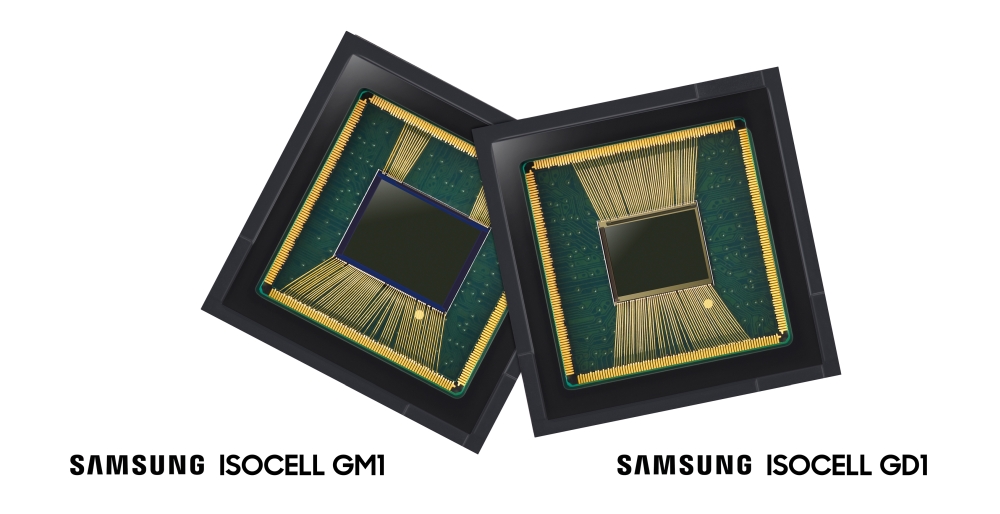If you were wondering what the 0.8 micrometer measurement is for, it actually relates to the pixel size. While generally smaller pixels mean less light hitting them, leading to poorer performance in low light, the company claims that its latest pixel isolation tech – ISOCELL Plus – is capable of overcoming this weakness. It’s done by having four pixels work as one. The result of this is that they take in as much light as a 1.6 micrometer pixel, at least at 12MP and 8MP resolutions. This may mean that you’ll only be able to make use of the full 48MP or 32MP with good lighting conditions.
In addition, the two sensors support Gyro-based electronic image stabilisation (EIS). The 32MP GD1 will also come with real-time HDR. Samsung says both the ISOCELL Bright GM1 and GD1 are expected to be in mass production in the fourth quarter of this year. And since Samsung’s fiscal calendar ends on 31 December, it may mean that these new sensors may make an appearance in next year’s phones. (Source: Samsung)
